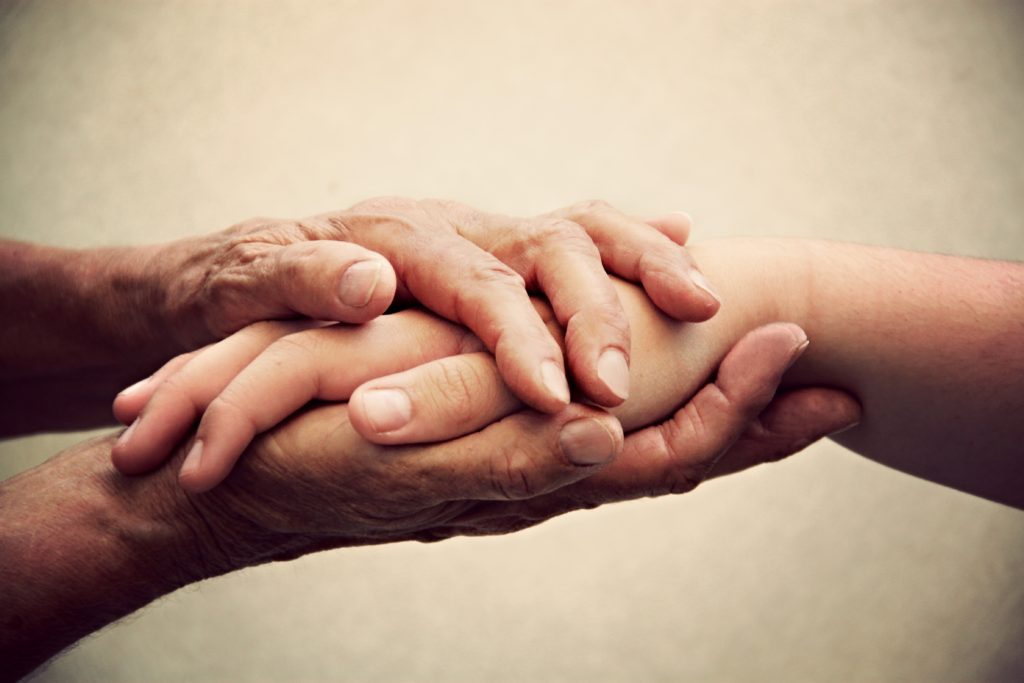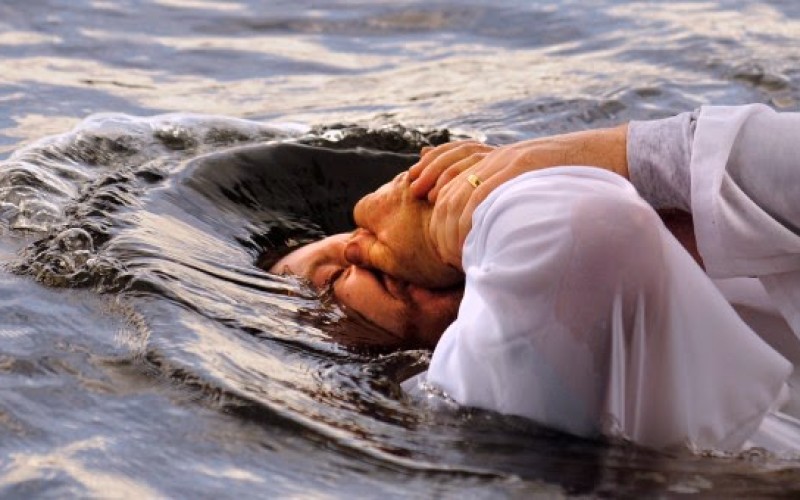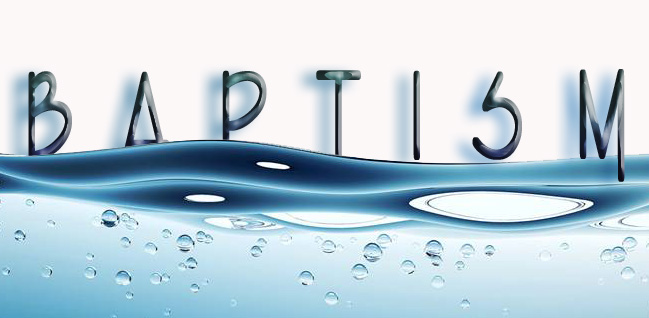“Now that you know God — or rather are known by God…” ~Galatians 4:9
The apostle Paul corrects himself here. He realizes the salvation emphasis should not be on you knowing God but rather, or more importantly, on God knowing you. He’s got it backwards, so he fixes it. Salvation is not found in knowing God.
But I feel like that’s the way I was raised. A lot of us were. I needed to know God and know things about God in order to be saved. But somewhere along the way it turned into knowing things about God in order to be right. Or to be better. That’s probably to be expected in the world and time in which we live. But knowing became the most important thing. And what we knew made us right. And saved. We were right about church, right about God’s will, right about baptism, right about worship, and right about who’s going to heaven and who’s not based on what we thought we knew about God.
We failed to realize that this desire to know in order to be right kept us from being truly known. It kept us from being truly loved.
We think we know everything about God, but it’s only the God we believe him to be or want him to be. The mystery’s gone and so is the need to trust. The more I know and the more I’m right, the less faith I need. When my relationship with God is based on the facts I know about God, I can also get really judgmental about others. While that may make me feel safe and protected, it can also separate me from others and increase my isolation.
So, I know a lot of things but I don’t allow myself to be known in ways that make me feel truly understood and forgiven and encouraged. By other people or by God.
And we keep hoping for God’s magic wand to change us, to just sweep over us and transform us and take away our sin and guilt and fix our broken relationships and heal our psychological wounds. But that won’t happen as long as you make knowing God and knowing facts and knowing doctrine and knowing what’s right and correct more important than surrendering to the Lord who knows you — the God in Christ who chooses you and understands you and brings you to himself to belong to him forever.
“We know that we all possess knowledge. Knowledge puffs up, but love builds up. The one who thinks he knows something does not yet know as he ought to know. But the one who loves God is known by God.” ~1 Corinthians 8:1-3
This is a major part of the problem in Corinth and Galatia and it’s one of the major things that’s hurting us today. These Christians in Galatia are not going back to their pagan gods, they’re not returning to idol worship. But they are going to observing the law as their ticket to salvation. Paul sees observing the law of Moses in order to be saved as the same thing as being enslaved by idols. That’s a radical thing Paul is saying here: Judaism and paganism are the same thing! Paul says whatever leads you away from a sole reliance on Christ alone, adding anything to faith in Christ alone whether it’s by good intentions or depraved desires, is not Christian and it’s not the Gospel.
We’re not Boy Scouts trying to make Eagle Scout. We’re not trying to earn 27 merit badges and getting people to evaluate and sign off on what I know and what I can do. We’re not checking off a list or climbing a ladder. We’re not Boy Scouts! We are the redeemed sons and daughters of God! We are chosen by God, we belong to God, and we are heirs of God’s faithful promises! Why? Not because we know God, but rather because we are known by God!
Maybe you’re not known by your boss and you’re invisible to your colleagues. Maybe your spouse doesn’t understand you. Maybe you feel like an outsider in your own family. Or your church. Maybe you don’t even know what you know about yourself. What you know about your thoughts doesn’t match up with your actions. What you know in your head is not what you feel in your heart. Maybe you can’t make sense of the continuing sin or the nagging doubts or the undefined guilt or the insecurity. Maybe you just feel stuck. And maybe nobody knows any of this stuff. You’re the only one who knows what’s really going on with you and how it all makes you feel.
Well — you and God. God knows you fully and perfectly.
He knows all the stuff swirling around in your head and your heart that you don’t even know how to say. He knows you. And he knows exactly what kind of forgiveness you need. He knows exactly what kind of love you need and what kind of assurance you need. He knows where to place you and how to bring you along. He knows how to care for you. You are known by God.
Peace,
Allan








Recent Comments